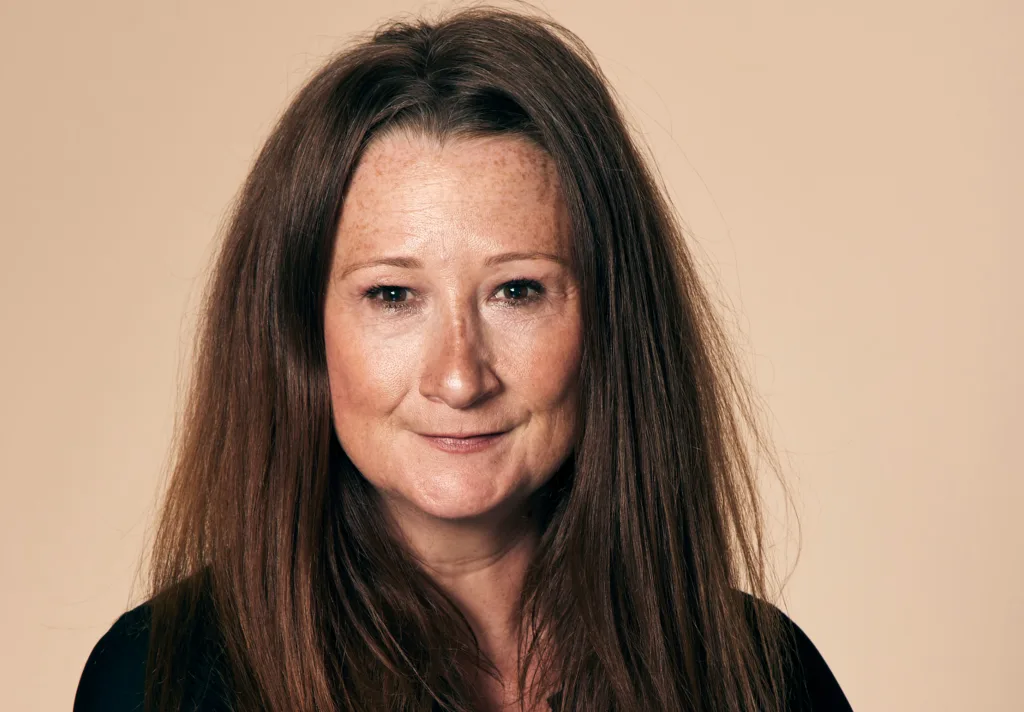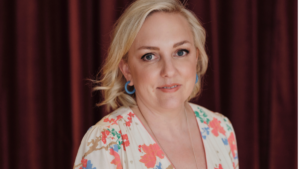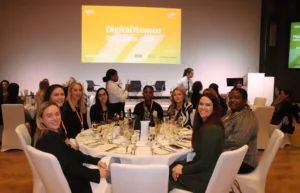Following International Women’s Day, Kate Barlow, Head of Commercial Content at the Evening Standard reflects on what the annual celebration means in 2024…
Why is it still important to mark IWD?
However we choose to mark IWD, it’s a chance to collectively focus on celebrating the achievements of women, and to lobby for women’s equality. Despite strides forwards, there is still a long way to go for women to achieve parity, whether it’s greater understanding of women’s health or ensuring they’re properly represented in senior roles.
This year’s theme of Inspire Inclusion aims to create a more inclusive world for all women – a place where we all feel included, and value the benefits of women’s inclusion.
The fight for equality belongs to us all, and by collectively drawing attention to women’s rights and what needs to be done, we can keep trying to make a difference for women.
What, in your opinion, are the biggest barriers to women succeeding in your industry?
Unfortunately, I think that just getting started in the industry is a barrier to many. Being able to do unpaid work and internships is an option that isn’t available to all. Perseverance is harder too when you don’t have the opportunities or familial connections to open doors. That’s why an initiative such as our long-running Diversity in Journalism apprenticeship scheme is so important.
We also need to have the confidence to put ourselves forwards for opportunities and new roles. If we had half the self-belief of some men, we would go a long way.
Managers also need to be careful not to make assumptions about what women want from their roles and careers. No woman should ever be discounted from an opportunity without having had the chance to make the decision for herself. And we also need to consider that an opportunity that has previously been unsuitable can in the future be a good fit.
How can men be better allies and supporters of their female colleagues?
Men need to take responsibility to educate themselves on their own unconscious behaviours and complicity. They need to make themselves aware of women’s experience in the workplace and help combat unacceptable behaviours and tendencies. This can be as straightforward as calling out gender biases and ensuring that women are always present and heard.
Being an ally is listening to women, making sure that they are part of the conversation, and acknowledging them for their contributions.
In meetings and calls, men can tend to dominate conversations and talk over people. Being aware of this and ensuring that everyone’s had a chance to speak, and confronting interrupters, can make a valuable difference. When a woman has been talked over too often, she’ll give up trying to put her point across. And that isn’t good for anyone.
Building and encouraging a culture where women feel that they can raise issues and that they are listened to and acted upon is key
What changes can be made at an organisational or industry level to better support women?
We still need more women in senior roles. The industry needs more women in decision-making roles to drive change and equality. We need changes that champion and support women, and help to encourage an inclusive industry for all. This change is long overdue, and we owe it to our younger female colleagues to create inspiring role models and leaders.
We also need to address the gender pay gap and ensure that disparities in average salaries aren’t continued to be explained by a lack of women in senior roles.
At all levels we’re seeing an improvement in support for our mental health and wellbeing. It would be great to see this widely offered as an always-on resource, and one that is prioritised in terms of funding and provision by organisations.
How can older women better support their younger female colleagues?
Establishing female mentorship programmes are invaluable in ensuring that younger colleagues feel supported and empowered.
At the Evening Standard, all women have had the chance to participate in empowerment workshops that have created a shared space to discuss experiences and swap knowledge. It’s also important to reach out from within our organisations and support each other across the industry.
As a manager, ensuring women on my team feel comfortable raising any issues they have not only helps to combat sexism in the workplace, but can also help them feel more confident and motivated to make positive changes.
Over the course of your career to date, has the industry improved for women?
We’re seeing more women succeeding across a wide range of roles in the industry, breaking new ground and carving out innovative opportunities for themselves.
The adoption of flexible working practises has helped many women and opened up so many prospects that may not have been previously available. We must be careful to ensure that a healthy work-life balance is maintained, and that we continue to thrive in ways of working that benefit us all.









